The Mediterranean island of Malta may be one of the smallest countries in the world, but as of late, it’s made big waves with American retirees looking for a new adventure, as seen on a recent segment by CBS Sunday Morning. Discover why Malta is so appealing as a retirement destination and what you might expect if you move to — or simply vacation in — this beautiful and often overlooked European country.
English Is Widely Spoken
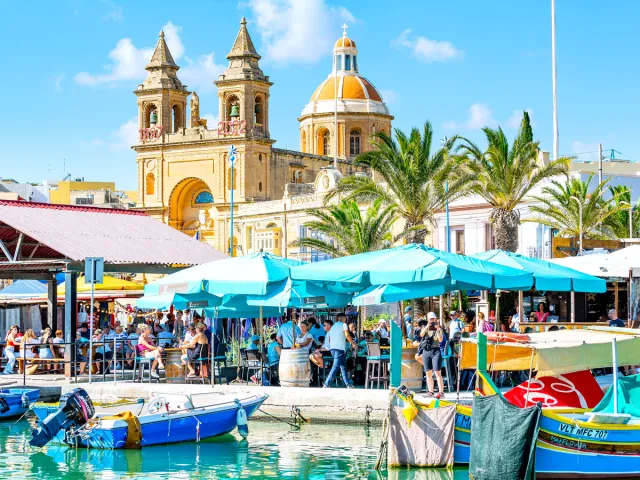
According to a 2023 report from The Malta Independent, an impressive 96% of Maltese citizens understand at least some English, with more than 60% claiming advanced proficiency. The figure is actually higher than the percentage who claim to understand Maltese (90%). The widespread understanding of English means that making friends, joining clubs, and generally sourcing help when needed is much easier for American visitors or retirees. As communication is such an important part of assimilating into a new community — not least for the important stuff such as banking and health care — this should be welcome news to anyone from the U.S. hoping to retire to Malta.
Low Cost of Living by E.U. Standards
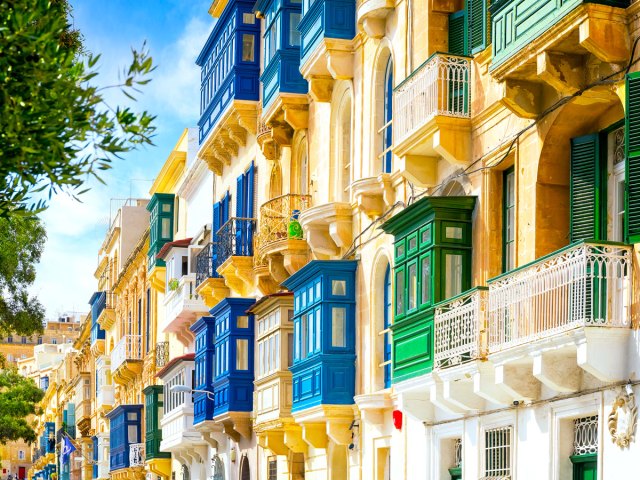
Malta’s cost of living is about 8.4% less than the average cost of living in the European Union. Prices on the island are considerably lower than in countries such as Austria, France, and Ireland. They are on a par with other Mediterranean countries such as Spain, Italy, and Cyprus (though a little higher than in budget-friendly Portugal). For retirees on a fixed income, the cost of living is an attractive proposition, as the average monthly rent in Malta is €970 for a single person. Health care is also universal and significantly cheaper, costing around €50 per person per month — potentially leaving you with spare cash to spend on exploring your new surroundings.
Taxation Is Attractive
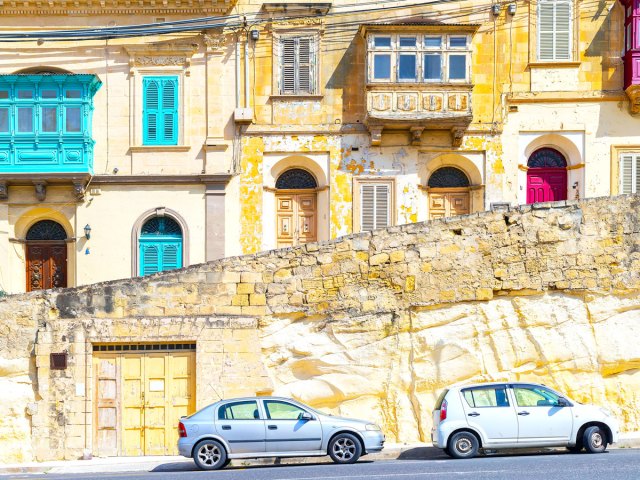
The Maltese government levies a flat rate of 15% on income. There’s also a treaty in place that ensures U.S. citizens do not pay tax twice on the same income, as long as they have made a minimum payment of €4,500 in income tax that year. In addition, permanent residents moving to Malta from a country outside the EU are exempt from paying customs duties on personal property, including household goods and cars, and don’t need to pay social security contributions (though you will not be eligible for public health care coverage and will need to obtain a private policy). If you’re thinking about making the move, be sure to consult an experienced financial adviser who can give you a clearer picture about the taxation details in Malta.
Sunny and Warm Weather
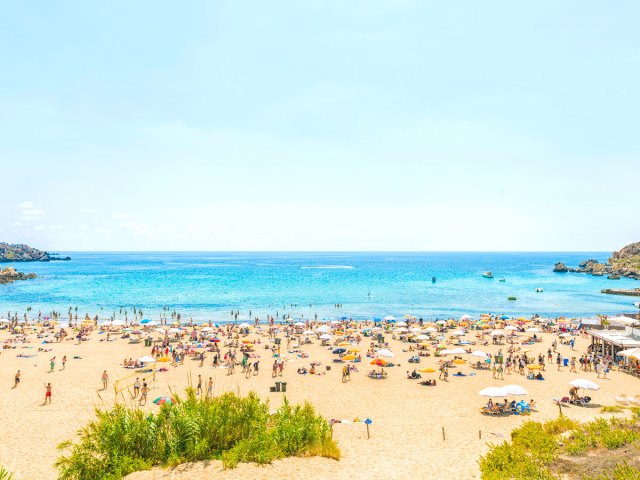
Malta enjoys one of the sunniest climates of Europe. You can expect an average of over 300 sunny days each year in this part of the Mediterranean. Summers are hot and dry, with temperatures regularly reaching the mid-to-upper 80s for extended periods. Spring and fall are more pleasant, particularly for hiking and other outdoor activities, and winters are typically mild. Winter is when most rain falls, though typically you’ll experience less than 4 inches of rain a month, even in the wettest months of December and January. And according to the UK’s Met Office, it hasn’t snowed in Malta since 1962.
There’s Plenty To Do and See

Retirement should be fun, so having plenty to do and see in the place you choose as your base is a must. Malta packs a lot into a relatively small area of 122 square miles. Historic cities such as Valletta and Mdina boast fascinating museums and a slew of cultural events, while the scenic countryside is littered with ancient ruins. The coastline is arguably Malta’s biggest draw, punctuated by picturesque fishing villages and dramatic natural landscapes that form a scenic backdrop to sea-based activities.
The Schengen Zone at Your Doorstep

As part of the Schengen Agreement, Maltese residents are able to move freely to other member states in the EU. Basing yourself in Malta therefore opens up a wealth of sightseeing opportunities not only on the island but also in the wider European region. There are currently 29 European countries that are part of the Schengen Area, including popular destinations such as France, Iceland, and Switzerland.
How To Qualify for Retirement in Malta
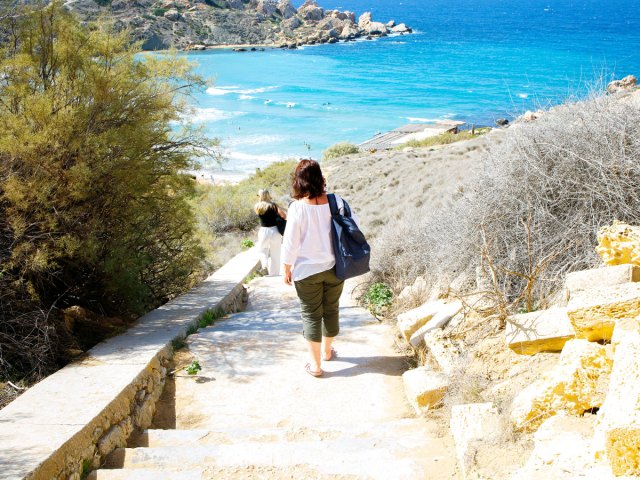
Currently, there are two main pathways a U.S. citizen can qualify to retire in Malta, each with their own specific requirements:
- Malta Retirement Program: Applicants to the Malta Retirement Program need to satisfy certain criteria. Crucially, they must be in receipt of a pension and not be seeking paid employment. However, philanthropic activities such as charity work are permitted.
- Global Residence Program: Those seeking to retire in Malta with the intent to continue working could qualify for the country’s Global Residence Program. This is a five-year residence visa that requires that applicants have a stable income stream and can show proof of accommodation and evidence of a health insurance policy.
More from our network
Daily Passport is part of Inbox Studio, an email-first media company. *Indicates a third-party property.
















